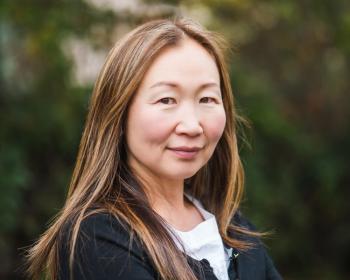Cultural Survival is a proud member of the EU Raw Materials Coalition.
For immediate release:
Today (26 September 2023) marks the official launch of the EU Raw Materials Coalition, a vital convergence of over 40 civil society organisations (CSOs) from the EU and beyond. This coalition responds to the escalating demand for metals pivotal in ushering green and digital transitions globally.

